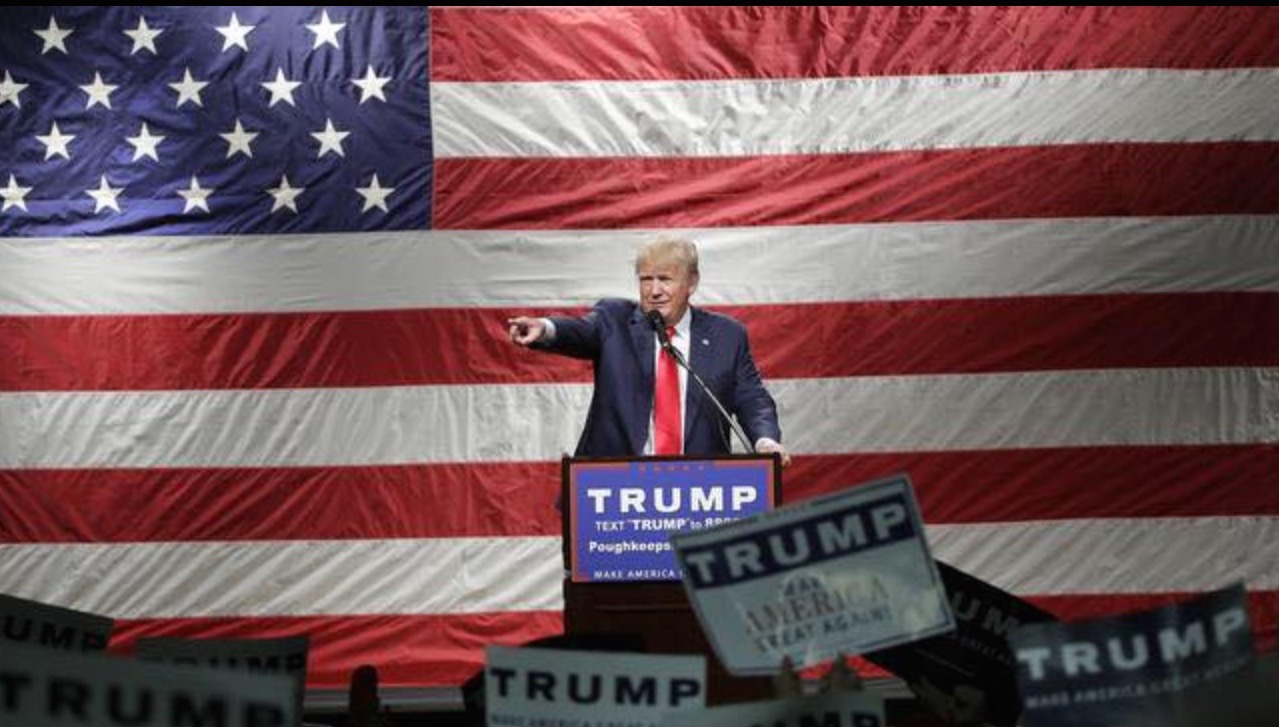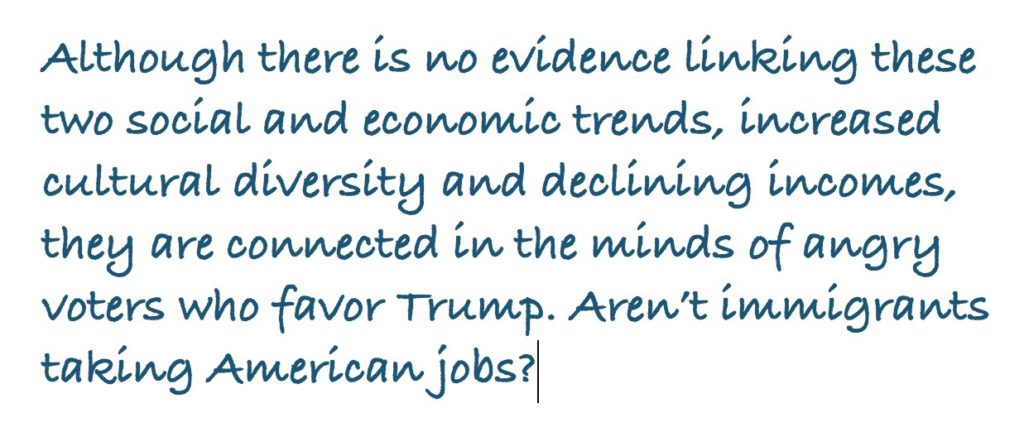
Why Trump?
Donald Trump’s amazing run to the Republican presidential nomination stunned the U.S. political class and stumped media analysts groping for an explanation. How did the bad boy, swashbuckling real estate mogul and reality show star with zero political experience, who comes across as a loose cannon, do it?
Perhaps even more amazing is Trump’s appeal beyond the hard-core Republicans who make up a large chunk of primary voters. A national poll found Trump running just a few points behind Hillary Clinton nationally. How come?
Weeks ago on this page, I predicted Trump would not win the presidency. Despite the poll, I am not backing away from that call one bit.
There is a simple explanation for Trump’s surprising bipartisan support. Americans love a winner. Trump drove a string of opponents into the ground on his way to the goal line much like Jim Brown, the greatest running back in pro football history, used to leave tacklers in his wake in route to another touchdown.
Further, Trump’s primary success has given some credibility to his constant bragging, which otherwise would be seen as mere buffoonery. In contrast, Hillary Clinton has not been looking like a winner. She has struggled to the Democratic nomination, losing many states to Bernie Sanders. Today still she has to fend off attacks on two fronts. Once the dust settles, however, and Trump and Clinton go head to head, it will be a different story.
Nevertheless, the fact that Trump has made it this far raises deeper and more complex questions about the American political psyche. Historians, political scientists, sociologists, and social psychologists will be thinking and writing about it for a long time. Although I was trained as a sociologist, this page is a journalistic medium. And journalism being the first draft of history, it’s bound to suffer from the same problems as any first draft. With that understanding, here’s my best shot.
I read the triumph of Trump as arising from a tangle of insecurities among a substantial sector of the electorate. These insecurities are not tied together through some overarching logic. But for that faction of the population that supports Trump, the connections are real and self-evident.
First and foremost is insecurity about “who we are becoming as a people.” It’s no coincidence that Donald Trump’s first blow was a fierce, false, and vile attack on Mexican immigrants. In the last few decades, more immigrants have entered the United States from Mexico than from any other country. Mexicans are both leading edge and symbol of the transformation of the United States into a Latino-inflected, multicultural society. This is a change that most Trump supporters fear, dread, hate, or all of the above.
“The Wall” is Trump’s solution. Most of his backers, however, seem to fail to understand that The Wall will do nothing to assuage their anger. In recent years, more Mexicans have been leaving this country than entering it. Build a wall and you actually may deter some people from returning to Mexico for fear they will never be able to come back.
More importantly, census studies show that today the main driver of Latino population growth is not immigration but “natural increase,” the term population experts use to describe the excess of births over deaths. No wall can solve this “problem.” Instead, it will create more frustration among whites in general and white nativists in particular. How come they are still coming now that we have The Wall? They are coming from their mother’s wombs.
The other major dimension of insecurity is economic. A recent study by the Pew Research Center (summarized in the Miami Herald) found that from 2000 to 2014, income for the typical family decreased by 8 percent nationwide. Moreover, the trend was very broad geographically. Income fell in 190 out of 224 metro areas. The study adds confirmation to reams of other evidence that documents the vanishing of the vaunted U.S. middle class. This is a tectonic shift in the country’s social structure and a big blow to American psyche, expectations, and self-esteem.

Although there is no evidence linking these two social and economic trends, increased cultural diversity and declining incomes, they are connected in the minds of angry voters who favor Trump. Aren’t immigrants taking American jobs?
No, they are adding more jobs to the economy than they are taking. However, immigrants do somewhat depress wages for unskilled workers, and some of Trump’s angrier supporters come from this group.
National security is the third source of insecurity, although not as central the other two. Probably most Americans believe the United States is the exceptional nation, the greatest country in the world. Victory in the Cold War was expected to open the way for a “new American century.” Instead, there was 9/11 and we have been engaged continuously in wars without victory or end for 15 years. In this context, the appeal of someone promising to “make America strong again” is obvious.
Trump tapped deeply into the vein of real problems like declining incomes and overblown cultural anxieties that makes the majority of Americans tell pollsters that the country is moving in the wrong direction. And he understood that the worst fear of all is the fear of corruption of the nation’s identity by people “who are not like us.”
Donald Trump thus came out on top of the GOP heap because the Republican Party, besides being the party of selfish wealth, is also the party of nativism, anger, and fear.


